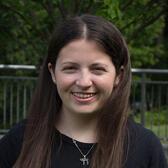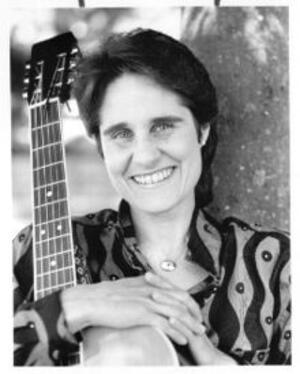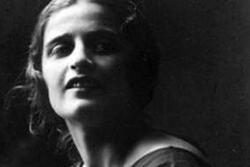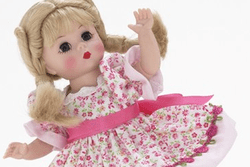The Music In Us All
Last year my synagogue decided to try out a new concept. The Rabbi planned a service that would be shorter than our traditional one, and would be full of music. Our typical service is long and traditional, so this modernized version would help those who did not feel comfortable in the traditional setting connect. Told that it would be full of singing and dancing, I was eager to try it out. I attended the first iteration with high expectations, but left eager to return to the traditional service I had grown to love. I had spent the time listening to a few chosen people sing songs, leaving me behind in the dust, and I missed the traditions I had learned to embrace.
I grew up singing. My family sang songs every holiday, and we even listened to fun Jewish family songs in the car. My favorite part of Hebrew School every week was when we got to sing, and I looked forward to coming home and serenading my parents with the latest song that I had learned. When I began attending Saturday morning services, I was shocked by the lack of songs that I knew. But over time, I came to be soothed by the melodious sound of our Cantor’s voice floating through the halls of the temple, and the congregants’ voices sounding harmoniously in response. I fell in love with the way the Hebrew transformed into prayer, and I began to love this traditional service.
When I was told about this new singing and dancing service, my mind was filled with Jewish summer camp-esque images of people with their arms wrapped around each other, singing Debbie Friedman songs while a guitar was strummed in the background. I loved Debbie Friedman songs as a child, but when a service full of her songs disappointed me, I became disenchanted with the idea of singing being a part of my spirituality.
Debbie Friedman grew up in a traditional synagogue – the Rabbi and Cantor on the Bima (alter), the congregation sitting quietly and following along. She was content with this style of prayer for many years, until one Saturday morning, when, according to her website, she realized that something was missing for her and for many of the people around her. They had been sitting for hours doing something that was holy, but few were truly engaged. So, she decided to make a change for herself, in the hopes that she could impact others. She began to experiment, and soon began writing her own melodies for traditional prayers. She quickly took the Jewish community by storm, and spent the rest of her life inspiring Jews around the world with her music. Her melodies sparked a change in the Jewish community, and revolutionized the way that many Jews pray.
Debbie Friedman may have felt disconnected in a traditional service, but I feel most connected to my Jewish roots when I am listening to the Rabbi and Cantor chant the ancient words that have been chanted every Saturday for generations. Unlike Debbie, I love the call and response and the congregation’s unison chanting. While Debbie may have felt disenchanted in a traditional service, I feel disengaged in a musical service. I find it difficult to feel spiritually connected when everyone is doing their own thing – I prefer to experience the community and feel connected to those praying with me.
Despite our differences, like Debbie, I have a strong passion for participating in my Jewish community. Debbie worked tirelessly to find her place in the Jewish community, and she helped so many people connect to G-d. Debbie figured out what she didn’t like, and worked to change it. I may have yet to decide exactly where I belong in the Jewish community, but I am working to find that place. And while I may be a fan of a traditional service, in other settings, I will always sing Debbie Friedman’s songs.
This piece was written as part of JWA’s Rising Voices Fellowship.







